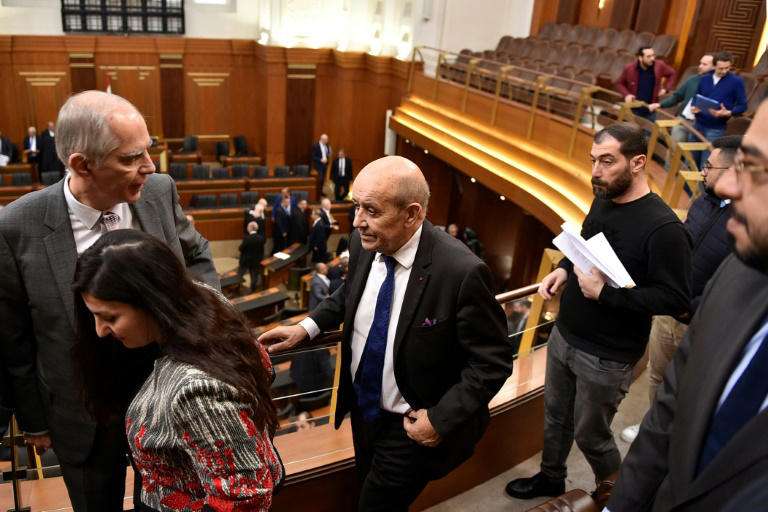Lebanon’s Speaker of Parliament, Nabih Berri, has announced that a session will be held on January 9, 2025, for the election of a new president.
Lebanon has been without a President since Michel Aoun’s term ended in October 2022, with neither of the two main blocs – the Iran-backed Hezbollah and its opponents – having the majority required to elect one, and unable to reach a consensus.
The Lebanese Parliament convened for this same purpose and failed to elect a President; no less than 12 times since former President Michel Aoun’s term expired in the fall of 2022.
The latest failure came in June 2023, months before the outbreak of Israel’s war on Gaza on October 7, and Hezbollah’s subsequent instigation of hostilities against Israel on October 8, 2023.
On that occasion, a bloc led by Hezbollah Members of Parliament broke quorum after the first round of voting, which requires a two-thirds majority of Members of Parliament to progress past.
Hezbollah has been severely crippled by Isreal and it remains to be seen what influence they will wield over the elections of a new Lebanese President.
Previously the group was seen as kingmaker for the position, meaning any potential President would need to get the approval of former leader Hassan Nasrallah, who is now dead.
The previous Lebanese President, Michel Aoun and his Free Patriotic Movement party, are close allies of Hezbollah.
In the leadup to the ceasefire between Hezbollah and Isreal, officials from the US and Lebanon, including Nabih Berri and caretaker Prime Minister Najib Mikati, had said that Lebanon must elect a new president as soon as possible.
By convention, the presidency goes to a Maronite Christian, the premiership is reserved for a Sunni Muslim and the post of Parliament speaker goes to a Shiite Muslim.
In the absence of a President, state authority lies with the Prime Minister and his cabinet. However, Najib Mikati’s caretaker government has limited powers, exacerbating Lebanon’s political and economic paralysis.
The country remains mired in one of the worst economic crises in modern history, worsened by the recent war with Israel, which left large areas of the country in ruins. Electricity, clean water and medicines are in critically short supply, further straining the already struggling population.
Hezbollah, represented in both parliament and government, has persistently backed Suleiman Frangieh, a close ally of Syrian President Bashar Al Assad. However, recent remarks from the group’s leader Naim Qassem hinted at a potential shift.
Hezbollah chief Naim Qassem said in a speech earlier this month that after the war, Hezbollah would “bring an effective contribution to the election of a president”.
This suggests that the group might adopt a more co-operative approach, supporting efforts to elect a President and contribute to reconstruction.
Parliament Session Attended By French Special Envoy

Part of Thursday’s parliament session was attended by French special envoy Jean-Yves Le Drian, who arrived a day earlier for talks with senior Lebanese officials.
A French diplomat told a news agency on condition of anonymity to discuss sensitive matters that Le Drian came to Lebanon to “relaunch the issue of the presidency and the need for reforms.”
Berri also met with caretaker Prime Minister Najib Mikati at his office before the start of the legislative session.
A statement from speaker Berri’s office said he and Le Drian on Thursday “discussed the general situation, political developments and the presidential issue.”
READ ALSO: Tullow Oil to Enhance Production Amid Jubilee Field Challenges




















